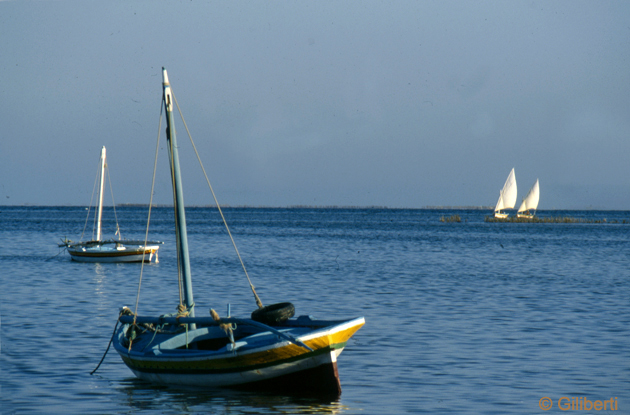WWF-NA launches study on plastic pollution in Kerkennah
19 avril 2021
19 avril 2021

A study on plastic pollution in Kerkennah was launched by the World Wide Fund for Nature (WWF)-North Africa and the Mediterranean Agronomic Institute of Montpellier (CIHEAM Montpellier) in a bid to support the de-pollution of the island.
The initiative fits within the implementation of the Kerkennah Plastic Free initiative which was developed by DEVLOK project and the conservation strategy of small wetlands in islands by The Mediterranean Island Wetlands project (MedisWet)
Kerkennah archipelago is made up of 14 islands and islets and is located in Gabes Gulf. Islets northeast of the archipelago boast a biological diversity with several endemic, rare and endangered animal and plant species. Its seabed is home to exceptional Mediterranean aquatic plants.
Yet, the isolation of Kerkennah, the rapid change in sea level, soil salinisation, intensive fishing, coastal erosion and the illegal dumping of waste account for its fragile ecosystem degradation.
The production of plastic waste in the island is of 7,000 tonnes/year. A single private sector waste collector and the recent coming into operation of a sanitary landfill cannot contain this pollution. This impacts tourism and jeopardises the economic future of the island.
This qualitative and quantitative study is designed to address the absence of figures on the real state of affairs in the archipelago and push for de-pollution.
DEVLOK is a local development project funded by the EU Delegation in Tunisia. It is geared towards putting in motion economic and social initiatives that meet the needs of the population.
MedIsWet is a joint project financed by MAVA Foundation. It is intended to preserve wet areas in the Mediterranean.
Source : TAP